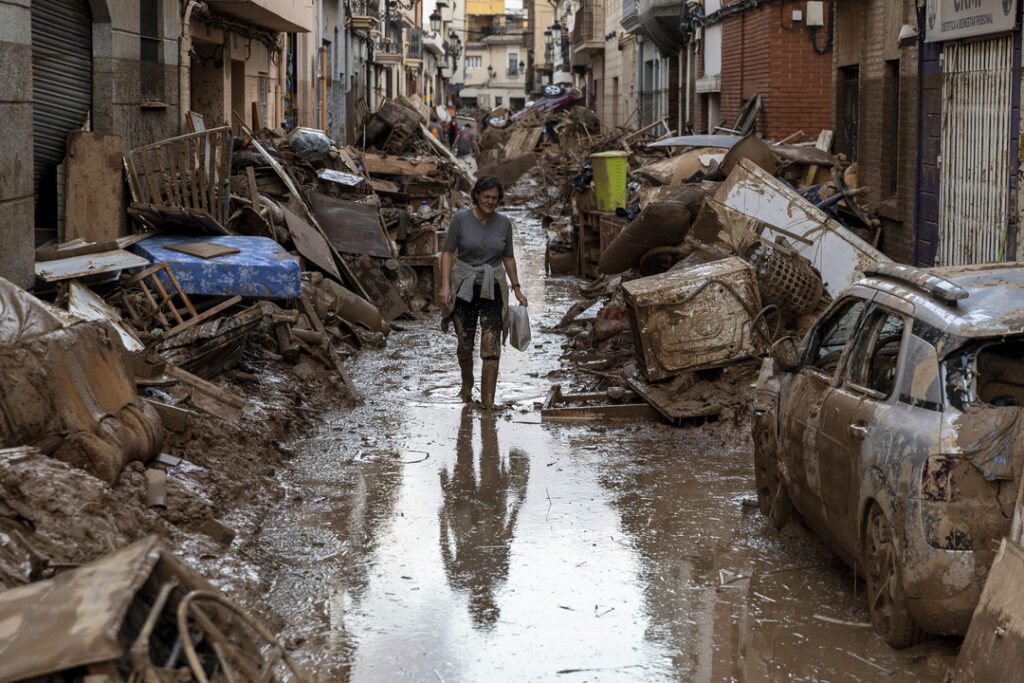In October 2024, Valencia experienced a devastating weather event termed a DANA, which resulted in torrential downpours and high winds, leading to 225 deaths and over €18 billion in economic damages. Critics suggest labeling it a “climate disaster” masks the human factors behind it. The crisis stems from decades of real estate speculation, cuts to public infrastructure, and unchecked urbanization, which have created vulnerabilities that exacerbate the impact of extreme weather.
Historical context shows that Spain’s real estate boom between 1994 and 2008 resulted in the construction of homes in flood-prone areas, highlighting a failure in sustainable urban planning. The decline in public housing and reliance on private mortgages deepened social inequalities, particularly affecting working-class neighborhoods during the flood. The political response has been criticized, focusing on the need for a shift in infrastructure management to prioritize collective needs over private interests.
The article advocates for viewing the right to infrastructure—essential goods like water and housing—as a communal asset that requires democratic management. This perspective aligns with a broader ecological transition, emphasizing the need for cooperation between class and climate movements. A model for systemic change is suggested through ideas like the Meidner Plan, aiming to redistribute corporate power and democratize the economy. Ultimately, the article argues for building an ecosocialist politics to address both the climate crisis and social inequality, framing the ecological crisis as a class struggle necessary for collective future governance.



